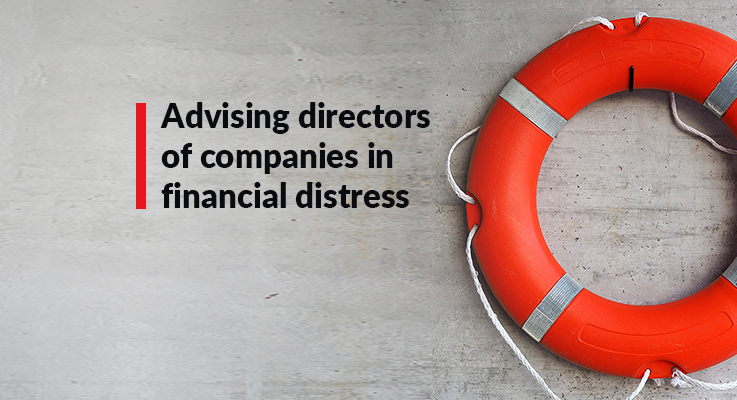Latest Articles
The Importance of Background Checks for Company Directors
A board of directors plays a critical role in shaping a company’s strategy, maintaining relationships with shareholders, and safeguarding the company’s reputation. Appointing a new director may bring welcome...
Bird v DP: A Landmark Ruling on Vicarious Liability – Where to...
Chloe Silvester , Head of General Practice, Practical Guidance Stephen Tuck , Legal Writer, Practical Guidance Personal Injury Victoria Ben Newling , Legal Writer, Practical Guidance Personal Injury NSW...
Security of Payment (SoP) Case Developments 2024
Jennifer Raphael , Senior Legal Writer, Practical Guidance Construction, LexisNexis ® In 2024, several pivotal decisions were made across New South Wales, Victoria, and Queensland concerning Security...
Expected Changes in Australian Construction Law 2025
Jennifer Raphael , Senior Legal Writer, Practical Guidance Construction, LexisNexis ® In the ever-evolving landscape of construction law, 2025 promises to be a pivotal year for legal practitioners...
Understanding the recent changes to casual conversion rights...
Jada Lam , Practical Guidance Legal Writer – Employment and WHS The Fair Work Act 2009 has been updated with the 'Employee Choice Pathway,' offering new rights for casual employees. Read on for essential...

With a flood of company insolvencies expected in 2021, lawyers will increasingly be asked to provide advice to directors of companies facing difficult decisions about the future of their businesses. We provide a checklist to assist with advising directors of companies in financial distress.
Why do company directors need to act urgently?
The temporary insolvency protections relating to insolvent trading liability and statutory demands, which apply to all companies, are due to end on 31 December 2020. For further details about insolvent trading, see What is insolvent trading?
Since the temporary insolvency protections commenced in late March 2020, significantly fewer companies have been going into administration and liquidation, suggesting that directors of many companies have deferred decisions about their insolvent businesses because of those protections and Government support.
Lawyers need to be alert to the risk of clients getting into deeper trouble. Now is not the time for directors to sit and wait. Failure to proactively tackle financial distress may result in increasing unsustainable company debt, risk of personal liability for directors and result in some restructuring options becoming more difficult to achieve.
What should directors of companies in financial distress be doing?
While each company’s circumstances will be unique, directors of companies in financial distress should, at a minimum, consider the following actions.
| Directors’ actions |
|
|
|
|
|
|
|
|
|
|
|
|
|
|
|
|
|
|
|
|
|
|
|
|
|
|
|
|
What are the options for a financially distressed company?
Briefly, the main options for a company in financial distress are:
- consensual restructuring outside of the formal insolvency processes, involving direct negotiation with individual creditors (if there is a risk of insolvent trading, this should be undertaken under the safe harbour provisions);
- voluntary administration;
- creditors’ voluntary liquidation, which will incorporate a simplified process for eligible companies* under reforms intended to commence on 1 January 2021; and
- a new debt restructuring process for eligible companies* from 1 January 2021 as part of the reforms. (Note that eligible companies* waiting to access the new debt restructuring process will be provided with a form of temporary relief from director insolvent trading liability and in relation to statutory demands).
For further details about options, see Companies in financial distress – guidance and options for directors.
* The eligibility criteria will be set out in regulations, which have not been released at the time of writing. Initial indications are that companies with liabilities of less than $1 million will be eligible.
Contact your Relationship Manager for more in depth information on our Practical Guidance Insolvency module. Alternatively email Sales.Enquiries@lexisnexis.com.au or call us on 1800 772 772